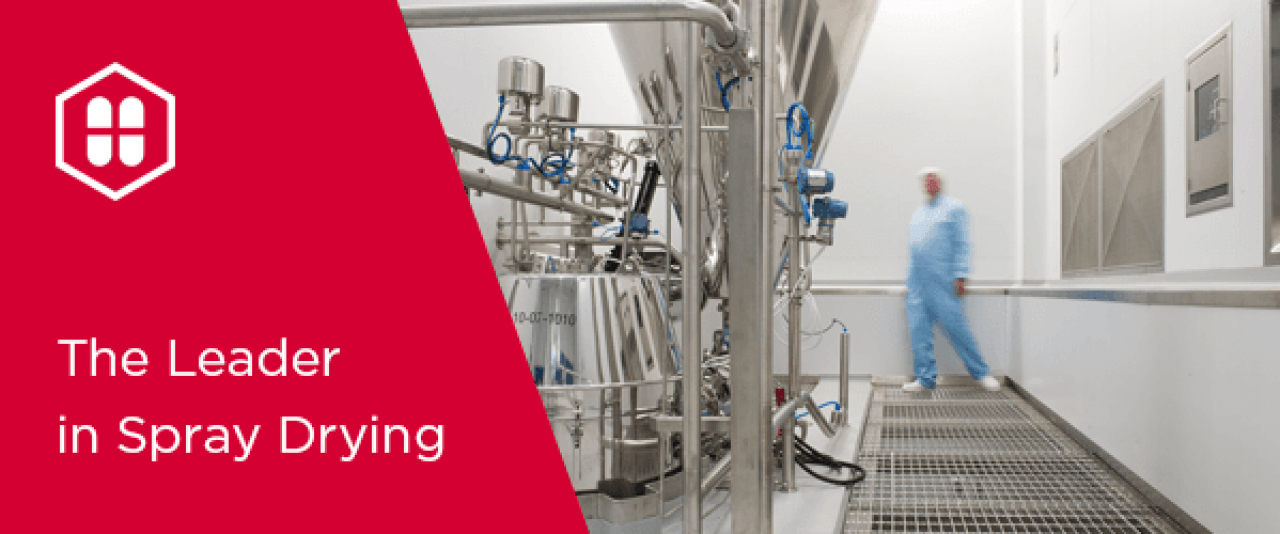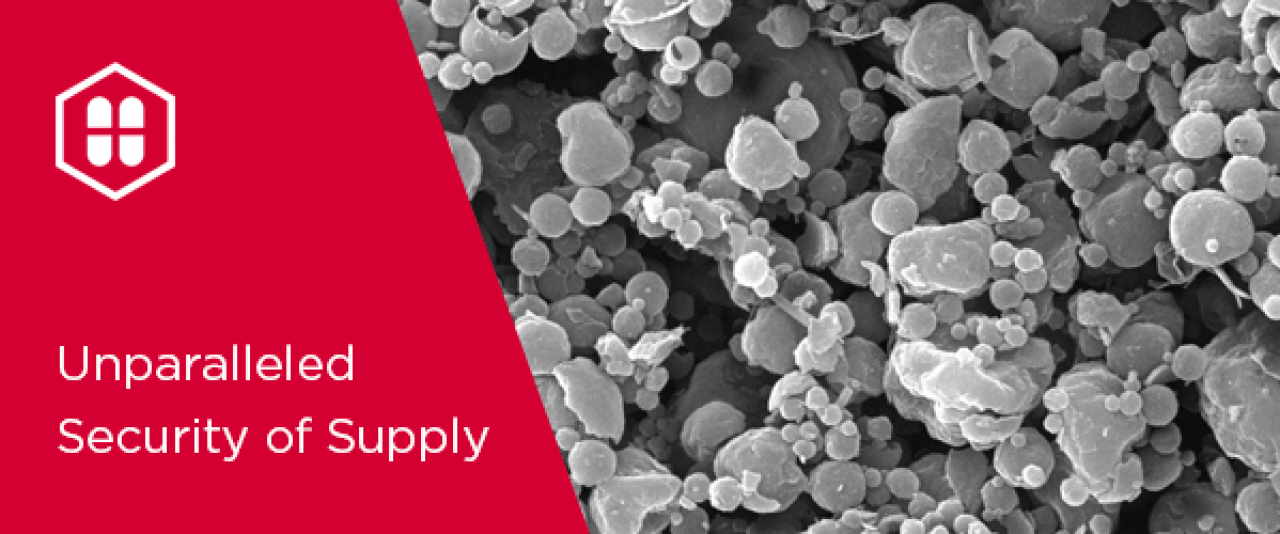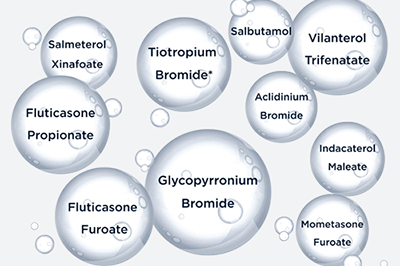Press Room
2017 CPhI Worldwide
Hovione will be attending CPhI Worldwide 2017 in Frankfurt, Germany. An event that is considered the world's leading European pharmaceutical exhibition, which brings together more than 42,000 pharma industry professionals from 150+ countries.
If you would like to discuss with us your projects and to find how Hovione can help, schedule a meeting with us. Our team will be pleased to meet you.

Hovione, the Leader in Spray Drying
Combining the largest capacity, the best scale-up science and the most experienced team, you can trust Hovione to take your project from development to market.
- Hovione offers a number of innovative Particle Engineering technologies, at all scales, to address challenges in drug delivery.
- More than 13 years of expertise in commercial Spray Drying.

API+
Enabling Novel Formulations Through Engineered Drug Product Intermediate
- Targeted lung delivery
- Taste masking
- Controlled release
- Modified solubility
- Improved stability
- Nanoparticles
The Experts in Customized API for Inhalation
Hovione is using its advanced technologies to enhance API's performance and offer a range of customized Drug Product Intermediates.
Hovione inhalation grade APIs are designed at the particle level to bring unique performance to your formulation.
Hovione provides the peace of mind of a high quality manufacturer who is a founding member of Rx-360 and has an unblemished regulatory track record.
If you would like to discuss with us your projects and to find how Hovione can help, schedule a meeting with us. Our team will be pleased to meet you.
We look forward to meeting you at our booth # 111F21 at the Messe Frankfurt in Germany.
You might be also interested in:


